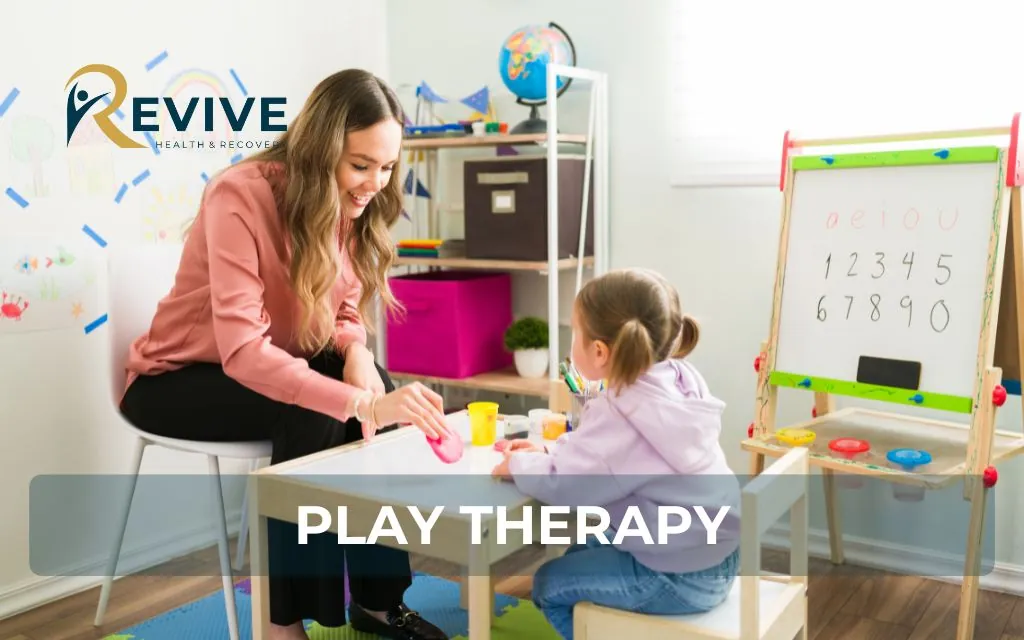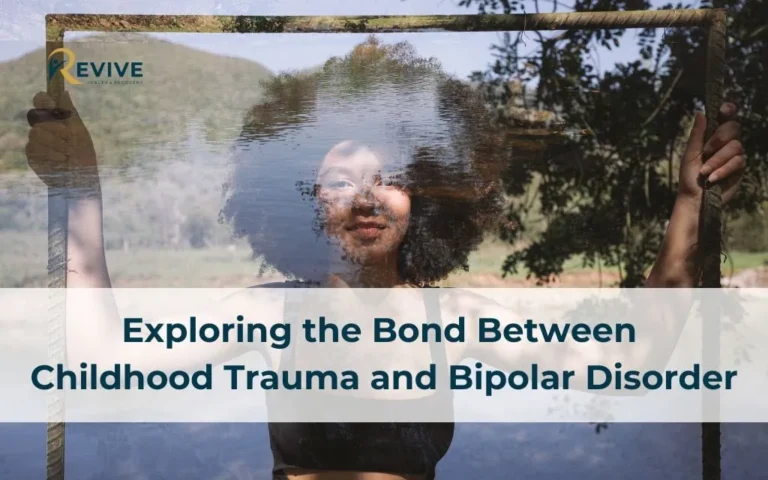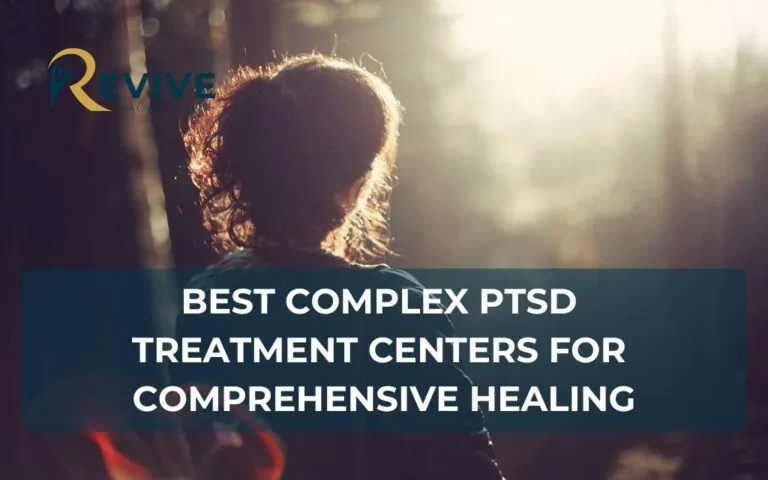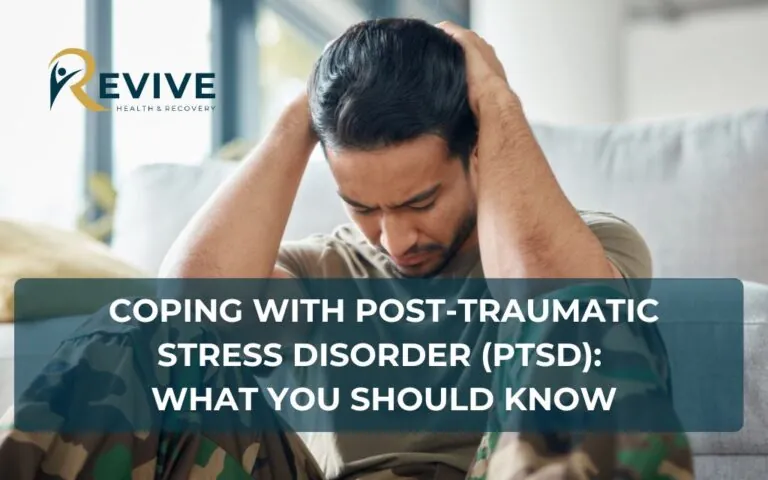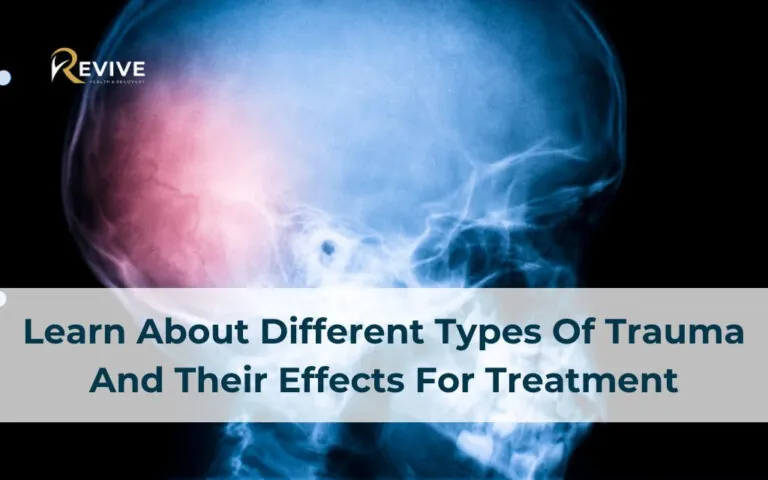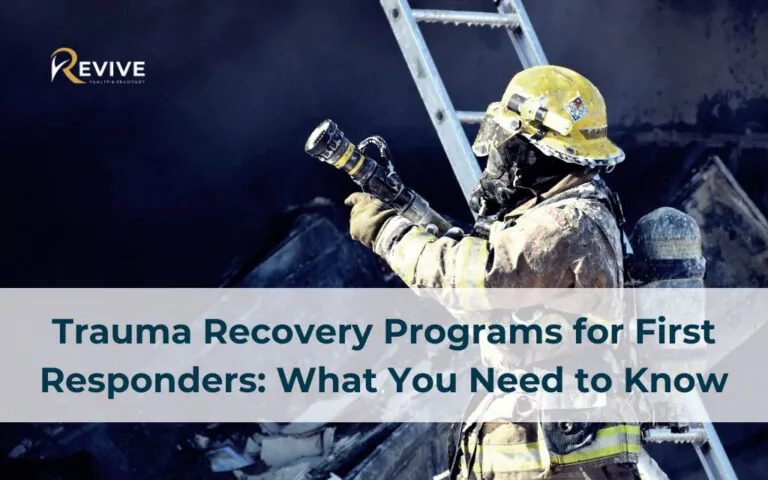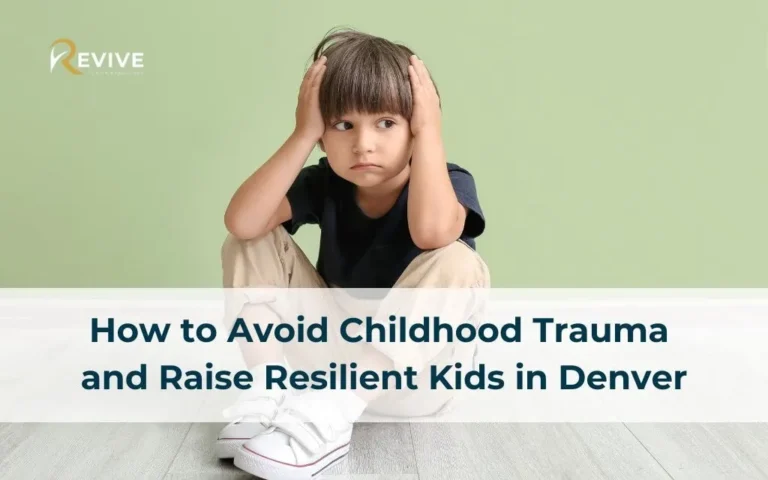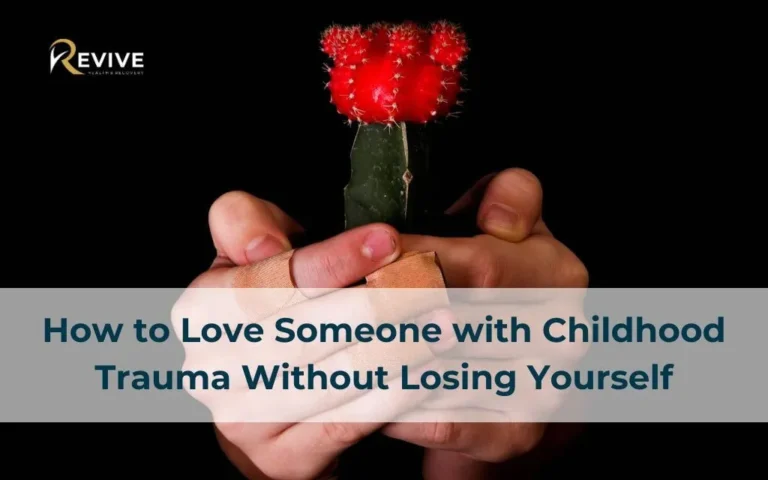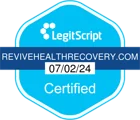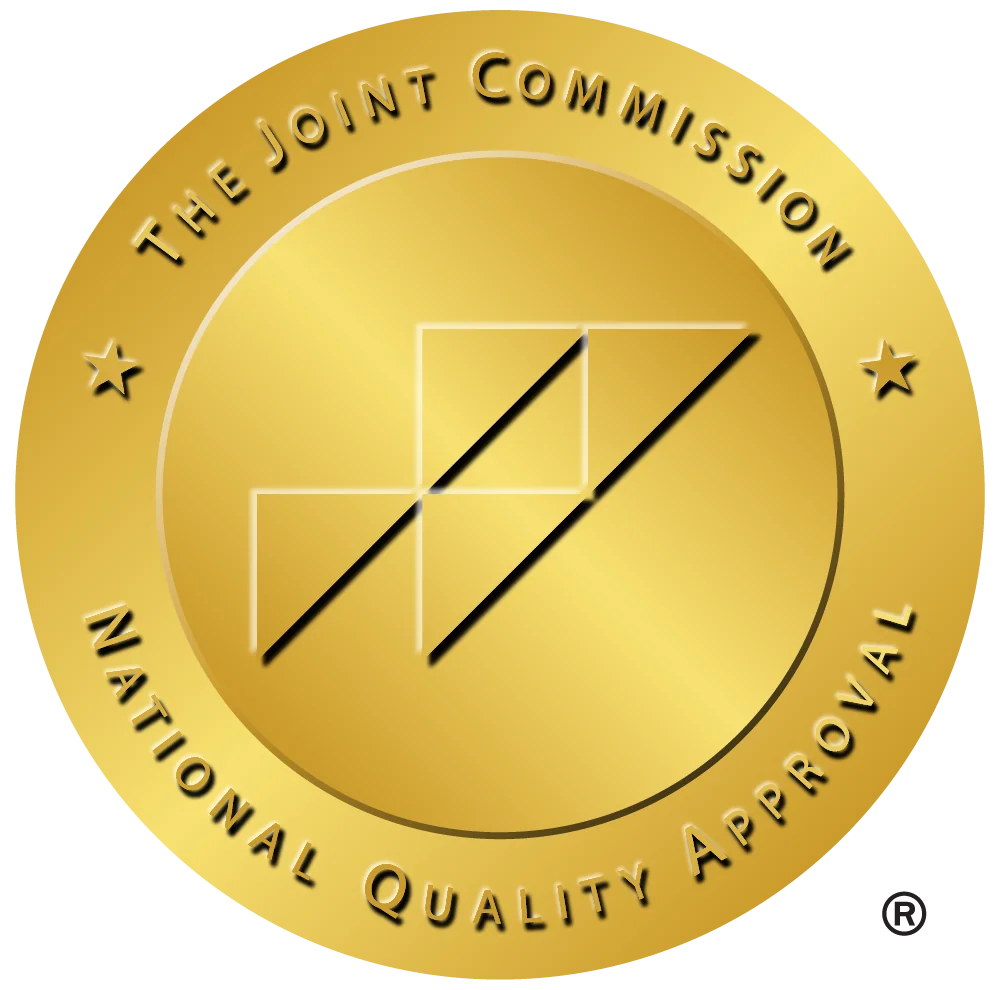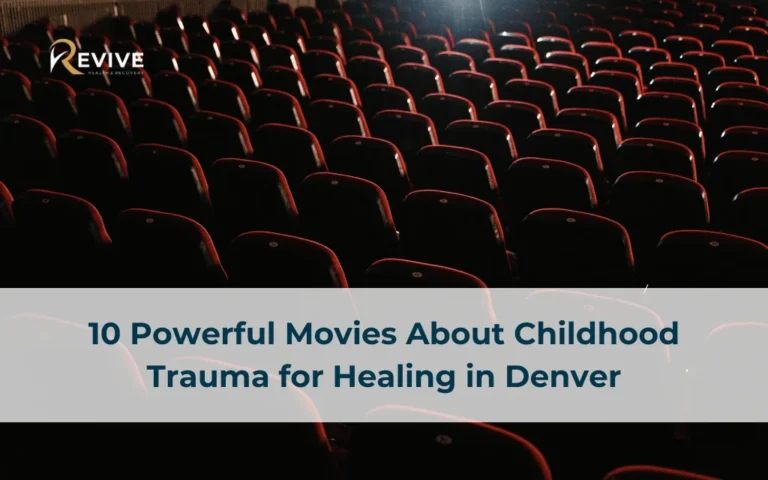
Trauma Treatment Explained: 10+ Options for Recovery
Have you heard about trauma treatment? Not yet? Let’s explore this topic with Revive Health Recovery in the blog below.
More than 50% of people go through at least one traumatic experience in their lives. Trauma can include serious injury, sexual violence, life-threatening events, long-term abuse, neglect, bullying, or even homelessness.
Children can also experience trauma in many forms, such as abuse, neglect, witnessing violence, natural disasters,… According to the Substance Abuse and Mental Health Services Administration (SAMHSA), more than two-thirds of children report going through a traumatic event by age 16.
With treatment, people can address the trauma’s root causes and find healthy ways to manage their symptoms. This blog covers different types of trauma, common symptoms, and available trauma treatment options.
What Is Trauma?
Defining Trauma
Trauma goes beyond a difficult experience; it fundamentally changes how we perceive ourselves and the world around us. The Substance Abuse and Mental Health Services Administration (SAMHSA) defines trauma as “an event, series of events, or set of circumstances that is experienced by an individual as physically or emotionally harmful or life-threatening and that has lasting adverse effects on the individual’s functioning and mental, physical, social, emotional, or spiritual well-being.”
Medical trauma refers to physical injury requiring immediate medical intervention, while psychological trauma describes the emotional wound that forms when our normal coping mechanisms are overwhelmed. As trauma expert Bessel van der Kolk notes, trauma is “not just an event that took place sometime in the past; it is also the imprint left by that experience on mind, brain, and body.”
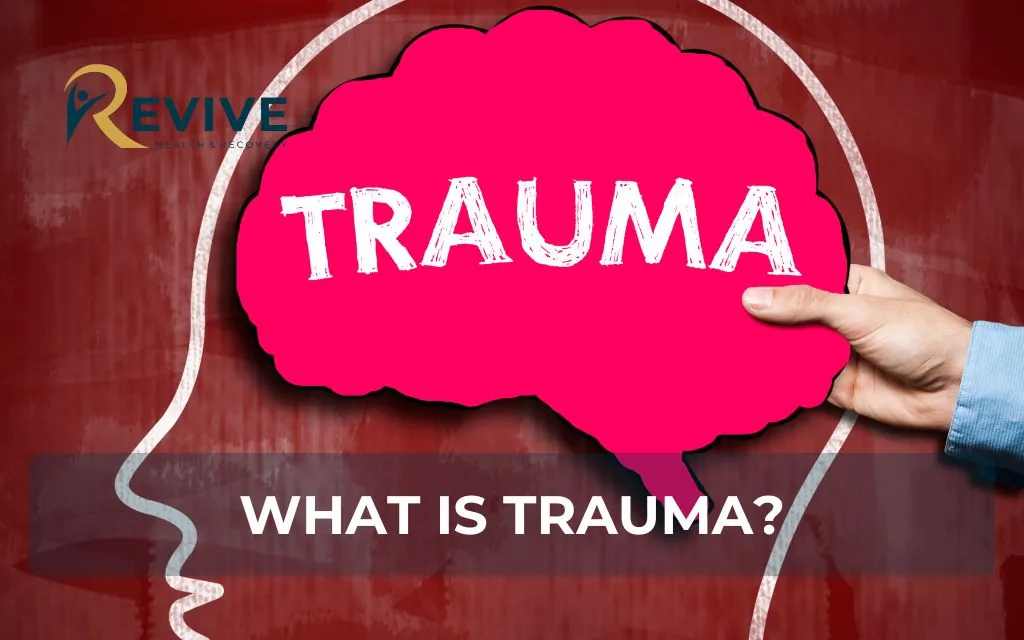
Types of Trauma
Understanding the different types of trauma can help identify appropriate treatment approaches:
- Acute trauma results from a single distressing event like a car accident, natural disaster, or violent attack.
- Chronic trauma develops from prolonged exposure to stressful situations such as ongoing domestic abuse, combat situations, or living in dangerous neighborhoods.
- Complex trauma occurs when someone experiences multiple traumatic events, often involving interpersonal relationships and betrayal consequences.
Other classifications include developmental trauma (occurring during childhood), vicarious trauma (affecting those who witness others’ trauma), and collective trauma (impacting entire communities).
Causes and Risk Factors
Trauma can result from numerous experiences, including:
- Physical or sexual assault
- Accidents and injuries
- Natural disasters
- Military combat
- Childhood neglect or abuse
- Witnessing violence
- Medical emergencies
- Unexpected loss of loved ones
While anyone can experience trauma, certain factors may increase vulnerability, including previous trauma history, limited social support, existing mental health conditions, and genetic predisposition.
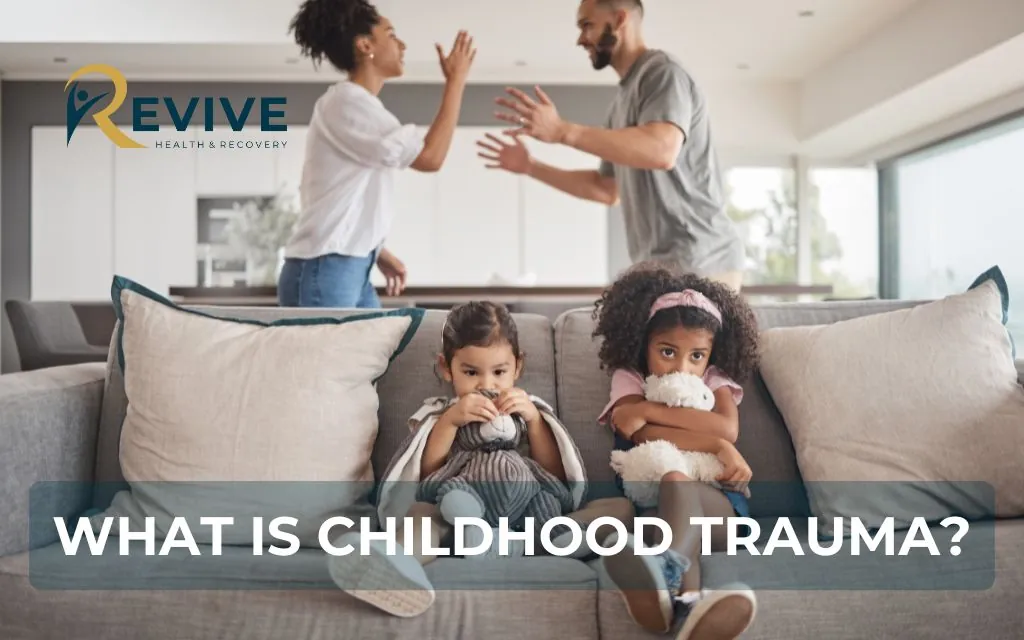
How Trauma Impacts Your Mind and Body
Trauma and the Brain
Trauma physically alters how our brains function. During traumatic events, the amygdala (our brain’s alarm system) becomes hyperactive while the prefrontal cortex (responsible for logical thinking) may be temporarily deactivated. This explains why traumatic memories often feel fragmented and why you might react strongly to trauma reminders.
Brain imaging studies show that trauma can change the hippocampus (memory center) and affect how stress hormones like cortisol regulate our systems. Understanding these biological changes helps explain why we can’t simply “get over” trauma through willpower alone.
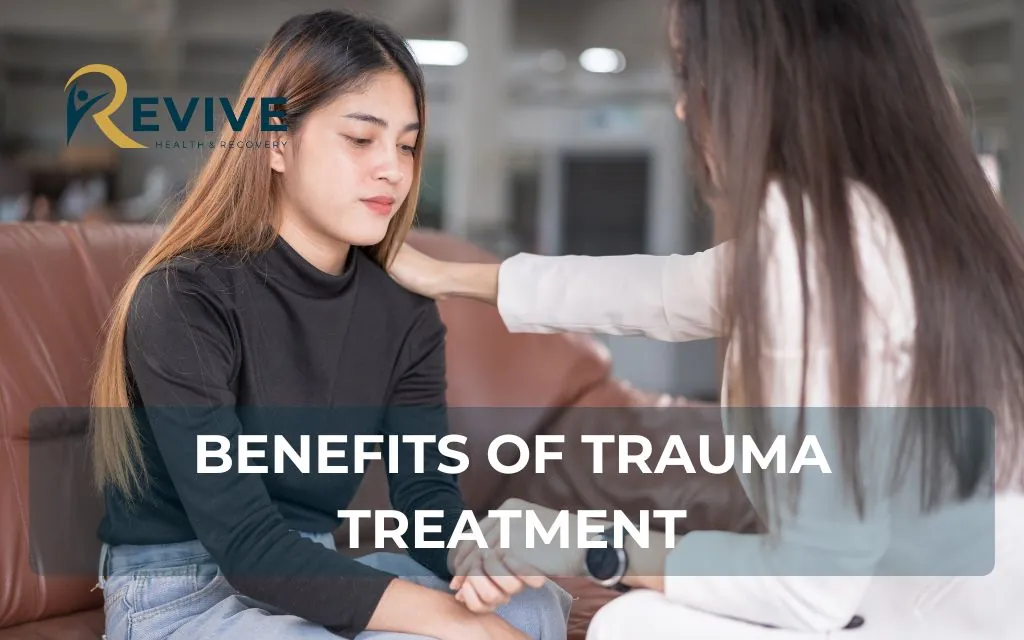
Long-Term Risks
Without appropriate treatment, trauma can lead to significant long-term consequences, including:
- Chronic mental health conditions (depression, anxiety disorders)
- Post-traumatic stress disorder (PTSD)
- Substance use disorders
- Physical health problems
- Relationship difficulties
- Reduced quality of life
The body keeps score of traumatic experiences, as van der Kolk explains. Chronic stress from untreated trauma can weaken immune function and increase risk for cardiovascular disease, diabetes, and other health conditions.
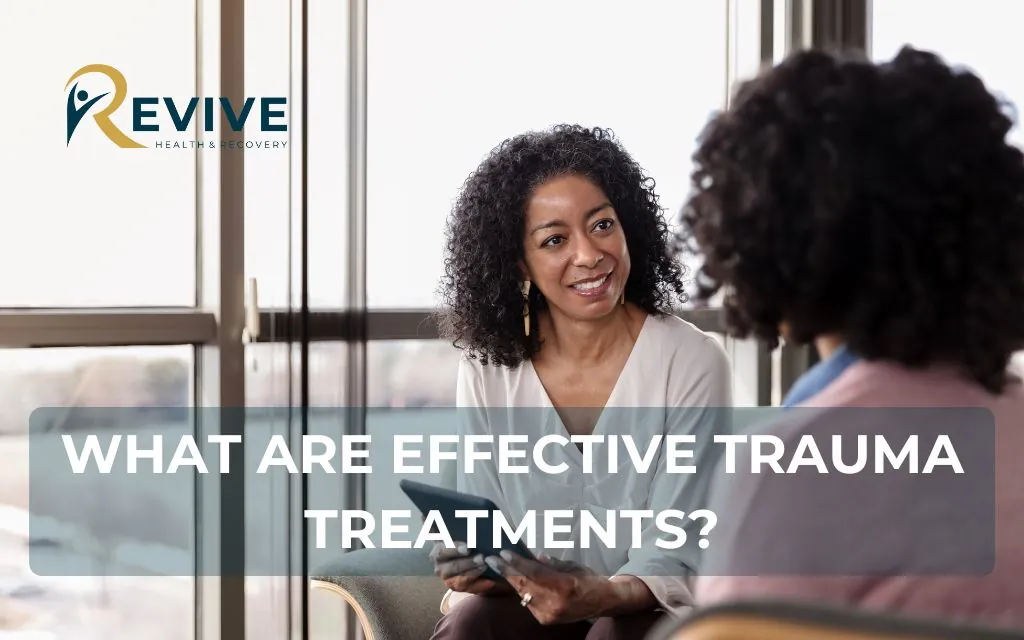
Trauma vs. PTSD: What’s the Difference?
While related, trauma and Post-Traumatic Stress Disorder (PTSD) are not identical. Trauma describes the experience and its immediate aftermath, while PTSD is a specific mental health condition that may develop after trauma exposure.
According to the DSM-5 (Diagnostic and Statistical Manual of Mental Disorders), PTSD diagnosis requires specific symptoms lasting more than one month, including:
- Intrusive thoughts or memories
- Avoidance behaviors
- Negative changes in thoughts and mood
- Changes in arousal and reactivity
Not everyone who experiences trauma develops PTSD—about 6-8% of the U.S. population will have PTSD at some point in their lives. However, all trauma deserves attention and care, whether or not it meets clinical criteria for PTSD.
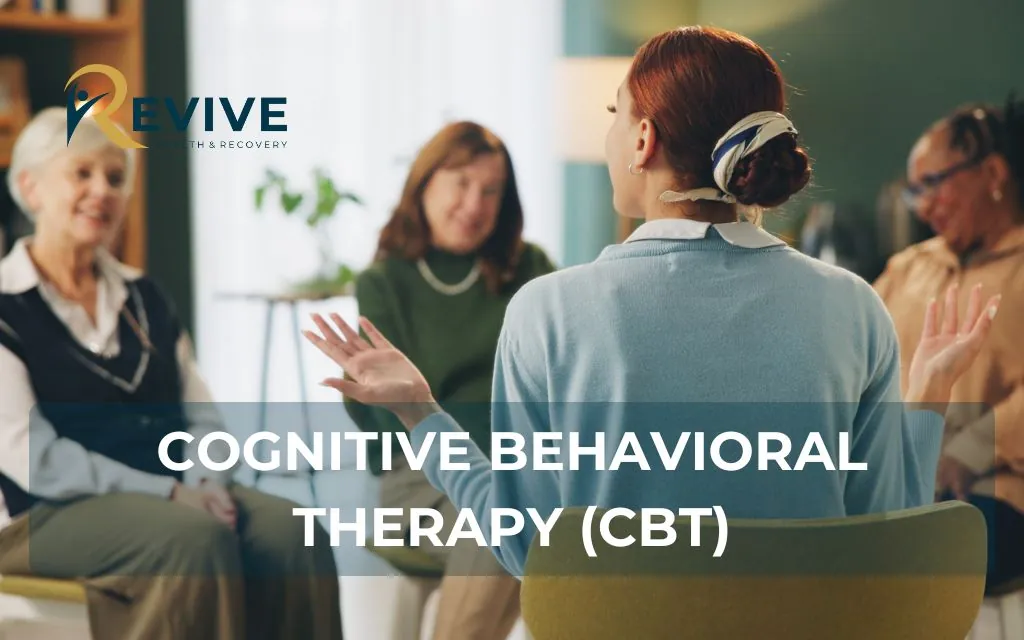
Trauma Treatment Options: What Works
Evidence-Based Therapies
Research supports several effective approaches for trauma treatment:
Cognitive Behavioral Therapy (CBT) helps identify and change negative thought patterns related to the trauma, reducing distress and improving coping skills.
Eye Movement Desensitization and Reprocessing (EMDR) therapy involves processing traumatic memories while engaging in bilateral stimulation (typically eye movements), allowing the brain to reprocess traumatic memories in a less distressing way.
Trauma-Focused Cognitive Behavioral Therapy (TF-CBT) is particularly effective for children and adolescents, combining trauma-sensitive interventions with family therapy.
Prolonged Exposure (PE) therapy gradually helps individuals confront trauma-related memories and situations they’ve been avoiding, reducing avoidance behaviors and fear responses.
Holistic Approaches
Many people benefit from complementary approaches that address trauma’s physical and emotional aspects:
Somatic Experiencing focuses on releasing trapped energy and resolving physical symptoms of trauma by tracking body sensations.
Mindfulness-Based Stress Reduction (MBSR) uses meditation and body awareness to help regulate emotions and reduce stress responses triggered by trauma.
Art and creative therapies provide nonverbal ways to express and process traumatic experiences when words are difficult to find.
Yoga and movement therapies help reconnect with the body safely, addressing the physical components of trauma.
Finding the Right Fit
Trauma treatment isn’t one-size-fits-all. Consider these factors when seeking care:
- Your specific trauma type and symptoms
- Treatment goals and preferences
- Logistics (insurance coverage, location, schedule)
- Therapist specialty and training
- Cultural considerations
The most important factor is finding a trauma-informed provider who creates safety and builds trust. Don’t hesitate to ask potential therapists about their approach to trauma treatment, success rates, and what to expect in therapy.
Play therapy
Trauma Treatment in Denver: Local Resources
Denver’s Care Network
Denver offers diverse trauma treatment options, including:
Denver Health’s Trauma Center provides acute care for physical trauma and connections to mental health services.
University of Colorado Hospital offers specialized trauma services, including the UCHealth PTSD program.
Community mental health centers like the Mental Health Center of Denver provide sliding-scale trauma therapy.
Private practices with trauma specialists throughout the metro area offer various therapeutic approaches.
Community and Peer Support
Beyond clinical treatment, Denver offers valuable community resources:
Support groups for various trauma types meet regularly throughout the city, providing understanding and connection.
Veteran-focused programs address combat trauma through specialized services.
Domestic violence resources offer comprehensive support for trauma related to abuse.
Cultural healing centers provide trauma support within specific cultural frameworks.
Why Revive Health Recovery?
At Revive Health Recovery, we specialize in trauma-informed care that respects each person’s unique healing journey. Our approach includes:
- Comprehensive assessment to understand your specific trauma experience
- Personalized treatment plans combining evidence-based therapies and holistic approaches
- Providers with specialized training in trauma treatment
- Integration of physical, emotional, and social recovery
- Family involvement when appropriate
Our Denver location offers a safe, supportive environment where healing becomes possible. Call us at (303) 268-4655 to learn how we can support your trauma recovery.
Connect with others
Supporting Your Recovery at Home
Self-Care Essentials
While professional treatment forms the foundation of trauma recovery, these self-care practices support healing:
Establish safety routines that provide predictability and control, countering trauma’s unpredictability.
Prioritize sleep hygiene to improve rest quality and reduce stress.
Practice grounding techniques like deep breathing, progressive muscle relaxation, or the 5-4-3-2-1 sensory exercise when feeling overwhelmed.
Move your body through gentle exercise, walking, or stretching to release tension and improve mood.
Journal about experiences, thoughts, and feelings to process emotions at your own pace.
Building Support
Recovery strengthens with connection:
Share selectively with trusted friends and family about your experiences and needs.
Set boundaries that protect your well-being during vulnerable healing periods.
Consider joining community groups where shared interests provide connection beyond trauma.
Explore online communities when in-person options are limited or uncomfortable.
When to Seek Help
Reach out for professional support if you experience:
- Trauma symptoms persisting or worsening over time
- Difficulty functioning in daily life
- Thoughts of harming yourself or others
- Increasing use of substances to cope
- Feeling that the trauma is taking over your life
Remember, seeking help isn’t weakness—it’s a courageous step toward healing. At Revive Health Recovery, we’re ready to meet you wherever you are in your journey. Call us at (303) 268-4655 for a confidential consultation.

FAQs About Trauma Treatment
What Are the 3 Types of Trauma?
Can Trauma Cause Mental Illness?
How Do I Know If I Have Trauma?
What Is Trauma Treatment Like in Denver?
Does Trauma Ever Go Away?
Moving Forward After Trauma
Trauma may have changed your life, but it doesn’t have to define your future. With appropriate treatment and support, healing is possible. Many trauma survivors not only recover but experience post-traumatic growth – finding new meaning, strengths, and deeper connections.
The path isn’t always linear, and healing takes time. Be patient with yourself through the process. Remember that reaching out for help isn’t just about reducing symptoms – it’s about reclaiming your life and discovering who you are beyond the trauma.
If you’re ready to take that first step toward healing, Revive Health Recovery is here to walk alongside you. Our trauma specialists in Denver provide compassionate, evidence-based care tailored to your unique needs. Contact us at (303) 268-4655 or visit our office at 1427 S Federal Blvd, Denver, CO 80219 to learn more about how we can support your recovery journey.
Taking that first step may feel overwhelming, but you don’t have to do it alone. Healing is possible – and it can begin today.
